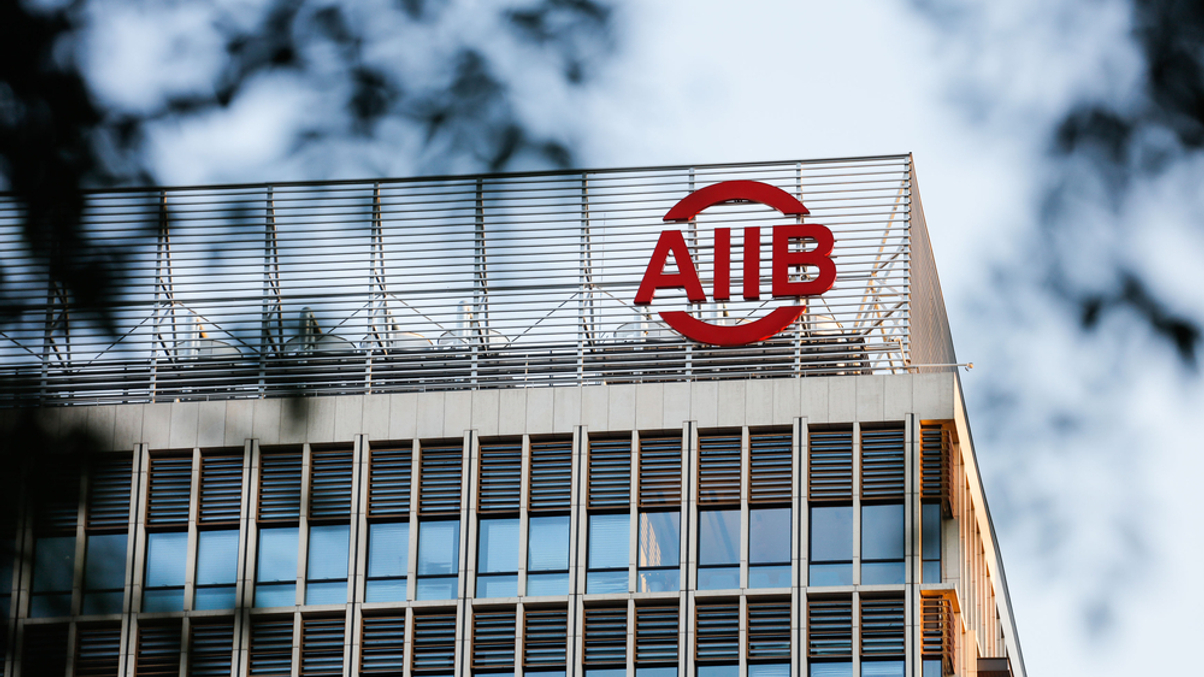AIIB’s ESG credit mandate with abrdn to 'expand opportunities'
The mulilateral development bank appointed abrdn to manage a $500 million bond portfolio with an agreed-upon investment policy in 2018.

A sustainabiilty-focused debt investment mandate from Asian Infrastructure Investment Bank (AIIB) to asset manager abrdn has proven successful and lays the ground for similar mandates in the future, a senior executive at the bank said.
Sign in to read on!
Registered users get 2 free articles in 30 days.
Subscribers have full unlimited access to AsianInvestor
Not signed up? New users get 2 free articles per month, plus a 7-day unlimited free trial.
¬ Haymarket Media Limited. All rights reserved.


